×
![]()
evaprime
| Type: | Model Group |
| Submitter: | Yoshihiro Kanno |
| Description: | MILP approach to generate structures with negative thermal expansion coefficients |
Parent Model Group (evaprime)
All other model groups below were be compared against this "query" model group.  |
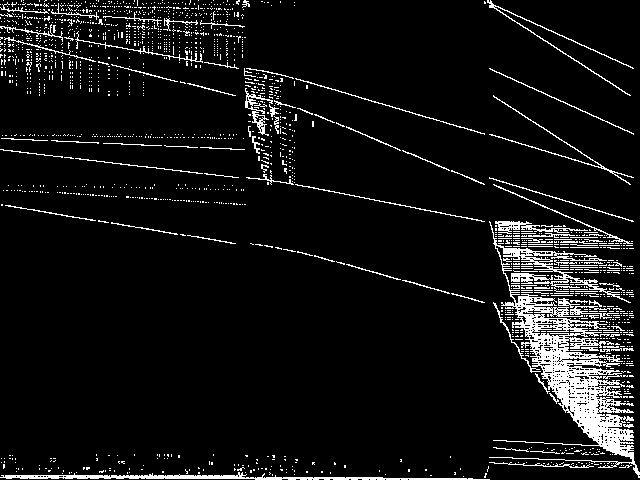 |
|
Model Group Composite (MGC) image
Composite of the decomposed CCM images for every instance in the query model group.
|
Component Instances (Decomposed)
These are the decomposed CCM images for each instance in the query model group.  |
These are component instance images.
|
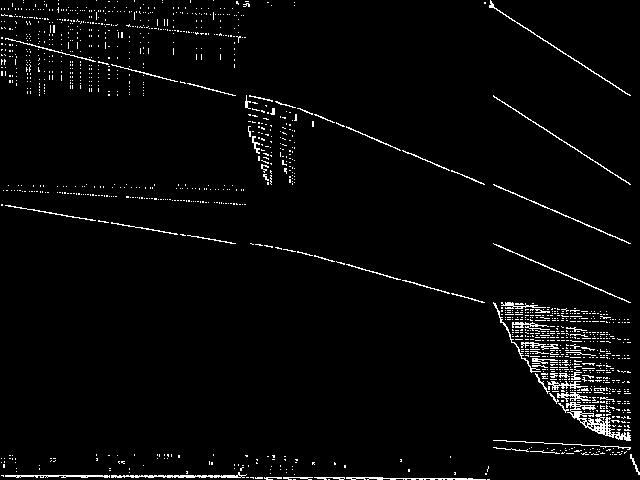 |
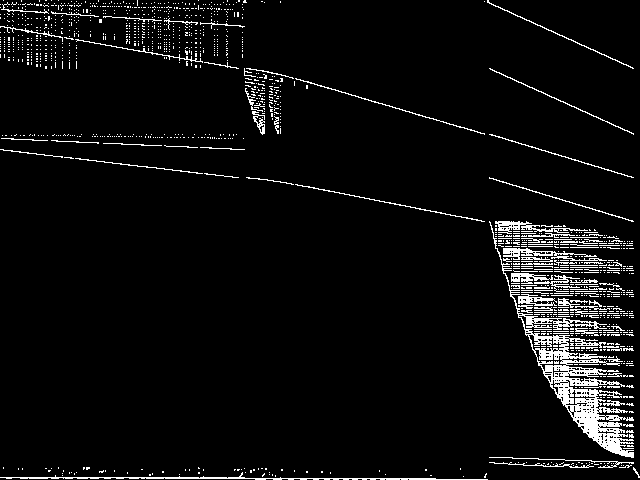 |
 |
 |
 |
| Name | eva1aprime5x5opt | eva1aprime6x6opt |
MIC Top 5 Model Groups
These are the 5 MGC images that are most similar to the MGC image for the query model group, according to the ISS metric.  |
FIXME - These are model group composite images.
|
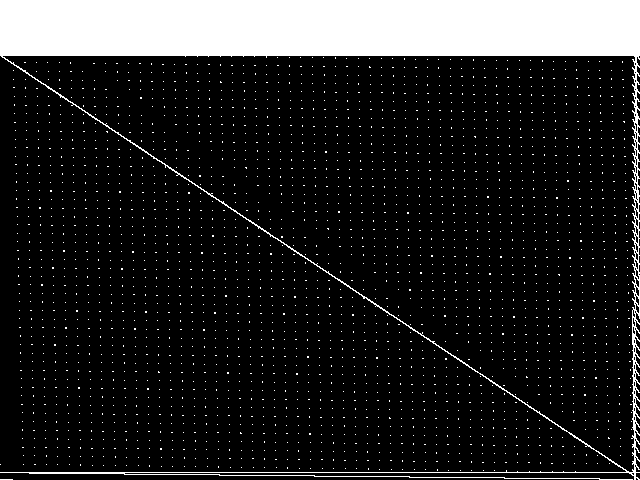 |
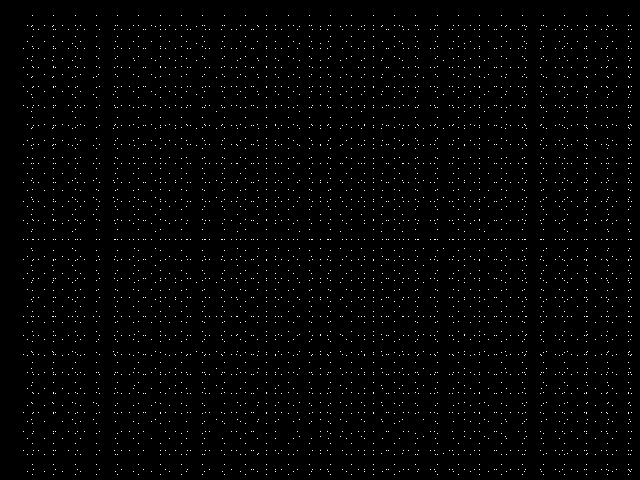 |
 |
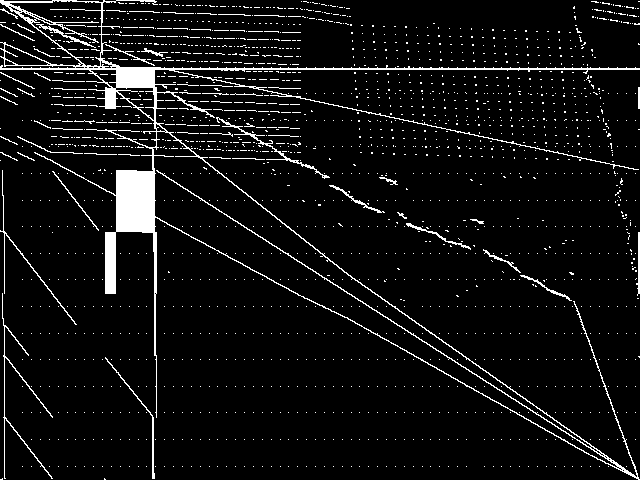 |
 |
| Name | neos-pseudoapplication-101 | generated | independentset | pb- | f2gap | |
|
Rank / ISS
The image-based structural similarity (ISS) metric measures the Euclidean distance between the image-based feature vectors for the query model group and all other model groups. A smaller ISS value indicates greater similarity.
|
1 / 2.159 | 2 / 2.180 | 3 / 2.184 | 4 / 2.220 | 5 / 2.229 |
Model Group Summary
The table below contains summary information for evaprime, and for the five most similar model groups to evaprime according to the MIC.
| MODEL GROUP | SUBMITTER | DESCRIPTION | ISS | RANK | |
|---|---|---|---|---|---|
| Parent Model Group | evaprime | Yoshihiro Kanno | MILP approach to generate structures with negative thermal expansion coefficients | 0.000000 | - |
| MIC Top 5 | neos-pseudoapplication-101 | NEOS Server Submission | Model coming from the NEOS Server with unknown application. Infeasibility claimed by CPLEX 12.6 and CPLEX 12.6.1 with extreme numerical caution emphasi after 4 and 2 hours computation, respectively. | 2.158536 | 1 |
| generated | Simon Bowly | Randomly generated integer and binary programming models. These results are part of an early phase of work aimed at generating diverse and challenging MIP models for experimental testing. We have aimed to produce small integer and binary programming models which are reasonably difficult to solve and have varied structure, eliciting a range of behaviour in state of the art algorithms. | 2.179544 | 2 | |
| independentset | Toni Sorrell | These models are based on Neil Sloane's Challenge problems: Independent Sets in Graphs. | 2.183582 | 3 | |
| pb- | Gleb Belov | These are the models from MiniZinc Challenges 2012-2016 (see www.minizinc.org), compiled for MIP WITH INDICATOR CONSTRAINTS using the develop branch of MiniZinc and CPLEX 12.7.1 on 30 April 2017. Thus, these models can only be handled by solvers accepting indicator constraints. For models compiled with big-M/domain decomposition only, see my previous submission to MIPLIB.To recompile, create a directory MODELS, a list lst12_16.txt of the models with full paths to mzn/dzn files of each model per line, and say$> ~/install/libmzn/tests/benchmarking/mzn-test.py -l ../lst12_16.txt -slvPrf MZN-CPLEX -debug 1 -addOption "-timeout 3 -D fIndConstr=true -D fMIPdomains=false" -useJoinedName "-writeModel MODELS_IND/%s.mps" Alternatively, you can compile individual model as follows: $> mzn-cplex -v -s -G linear -output-time ../challenge_2012_2016/mznc2016_probs/zephyrus/zephyrus.mzn ../challenge_2012_2016/mznc2016_p/zephyrus/14__8__6__3.dzn -a -timeout 3 -D fIndConstr=true -D fMIPdomains=false -writeModel MODELS_IND/challenge_2012_2016mznc2016_probszephyruszephyrusmzn-challenge_2012_2016mznc2016_probszephyrus14__8__6__3dzn.mps | 2.220025 | 4 | |
| f2gap | Salim Haddadi | Restrictions of well-known hard generalized assignment problem models (D10400,D20400,D40400,D15900,D30900,D60900,D201600,D401600,D801600) | 2.228754 | 5 |

